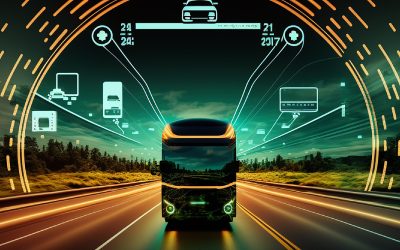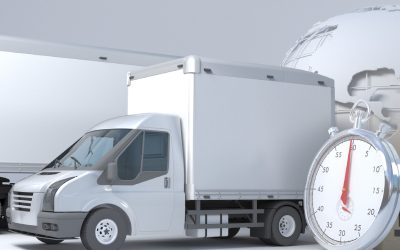- info@website.com
- Open Hours: Mon - Fri 9:00 - 18:30
- +33 877 554 332








As the transport sector focuses on reducing carbon footprints, India's heavy-duty diesel vehicles have come under scrutiny for their significant emissions. To address this, the country is implementing measures to decarbonize its commercial road transport sector, a major contributor to greenhouse gas (GHG) emissions.
In recent years, initiatives such as incentivizing alternative fuel sources and introducing stricter emission standards for diesel trucks have been introduced. Additionally, the adoption of progressive technologies like electric cargo delivery vehicles is gaining traction, significantly reducing GHG emissions.
Studies have shown that electric trucks emit 63% less GHG emissions compared to diesel trucks over their entire lifecycle. Despite challenges such as higher upfront costs and limited charging infrastructure, the potential for electric trucks in India is immense. As battery prices continue to fall, the total cost of ownership for electric freight trucks is expected to be significantly cheaper than diesel trucks in the future.
With continued technological advancements and cost reductions, electric trucks have the potential to revolutionize the trucking industry by reducing GHG emissions and dependence on fossil fuels. However, to realize this potential, government policy support, industry innovation, and private sector participation are crucial to drive demand and facilitate market penetration of electric trucks.
Our Team
2024 Indian e-truck coalition . All rights reserved.